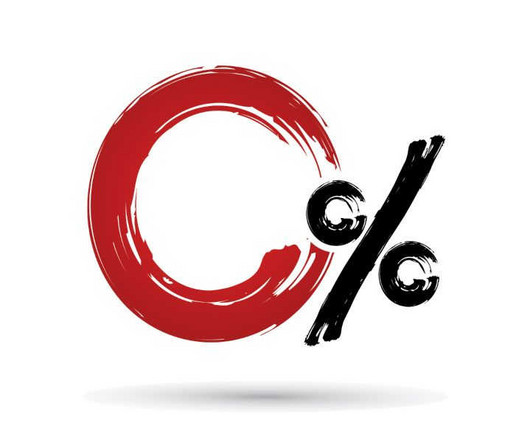Mercer’s Musings #3: Marketability Discounts Re Two Hypothetical Minority Interests
Chris Mercer
FEBRUARY 23, 2024
In Mercer’s Musings #2, we discussed the old and cold data on restricted stock transactions that have been misused by appraisers for decades. This conclusion applies to all appraisals, including those prepared for the Internal Revenue Service. In other words, value is a function of expected cash flow, growth, and risk.











Let's personalize your content